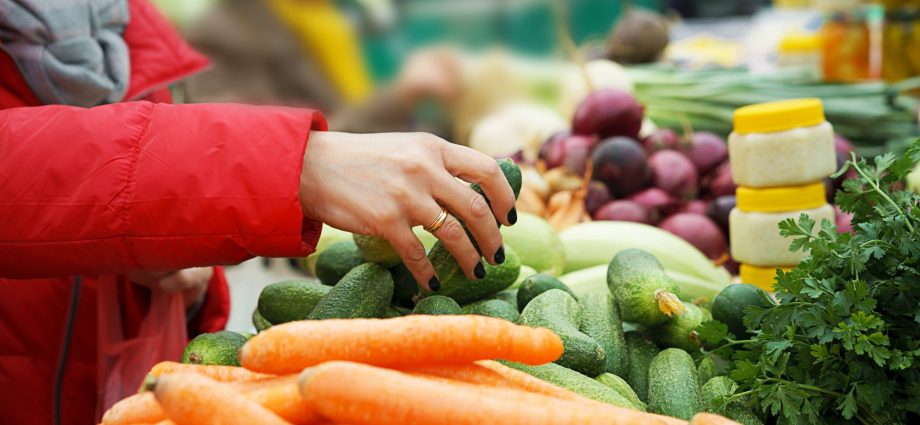TUESDAY, April 9, 2024 (HealthDay News) — Changes to the federal program that helps pay for groceries for low-income moms and their young children means that soon these families will have access to more fruits, vegetables and whole grains, U.S. health officials said Tuesday.
The final rule changes for the program known as WIC make an increase in monthly cash vouchers for fruits and vegetables permanent — a change first enacted during the pandemic. Shoppers can also add canned fish, fresh herbs and lactose-free milk to their carts, among other options. The voucher change will take effect by June, officials said.
“It places a heavy emphasis on fruits and vegetables, which we think is an important component of a healthy diet,” Agriculture Secretary Tom Vilsack told the Associated Press. “It’s designed to fill the nutrition gaps that are often in the diets of many of us.”
Under the new rules, fruit and vegetable vouchers in 2024 will provide $26 per month for kids ages 1 through 4; $47 per month for pregnant and postpartum women; and $52 for breastfeeding women. The changes also expand access to whole grains like quinoa, wild rice and millet and to foods such as teff and whole wheat naan. But they also remove or reduce monthly allowances for juice and cut back on allowances for milk.
The plan did not include a change requested by top allergists that would have added peanut products to foods allowed for babies ages 6 months to 11 months, to help prevent peanut allergies.
Dr. Ruchi Gupta, a pediatrics professor and child allergy expert at Northwestern University, called the omission “disappointing.” She noted that WIC enrollees often include minority children who are at higher risk of developing dangerous peanut allergies.
The decision “can only increase disparities we are already seeing in food allergy prevalence,” she told the AP.
More information
The U.S. Department of Agriculture has more on the WIC program.
SOURCES: Associated Press
Copyright © 2026 HealthDay. All rights reserved.

